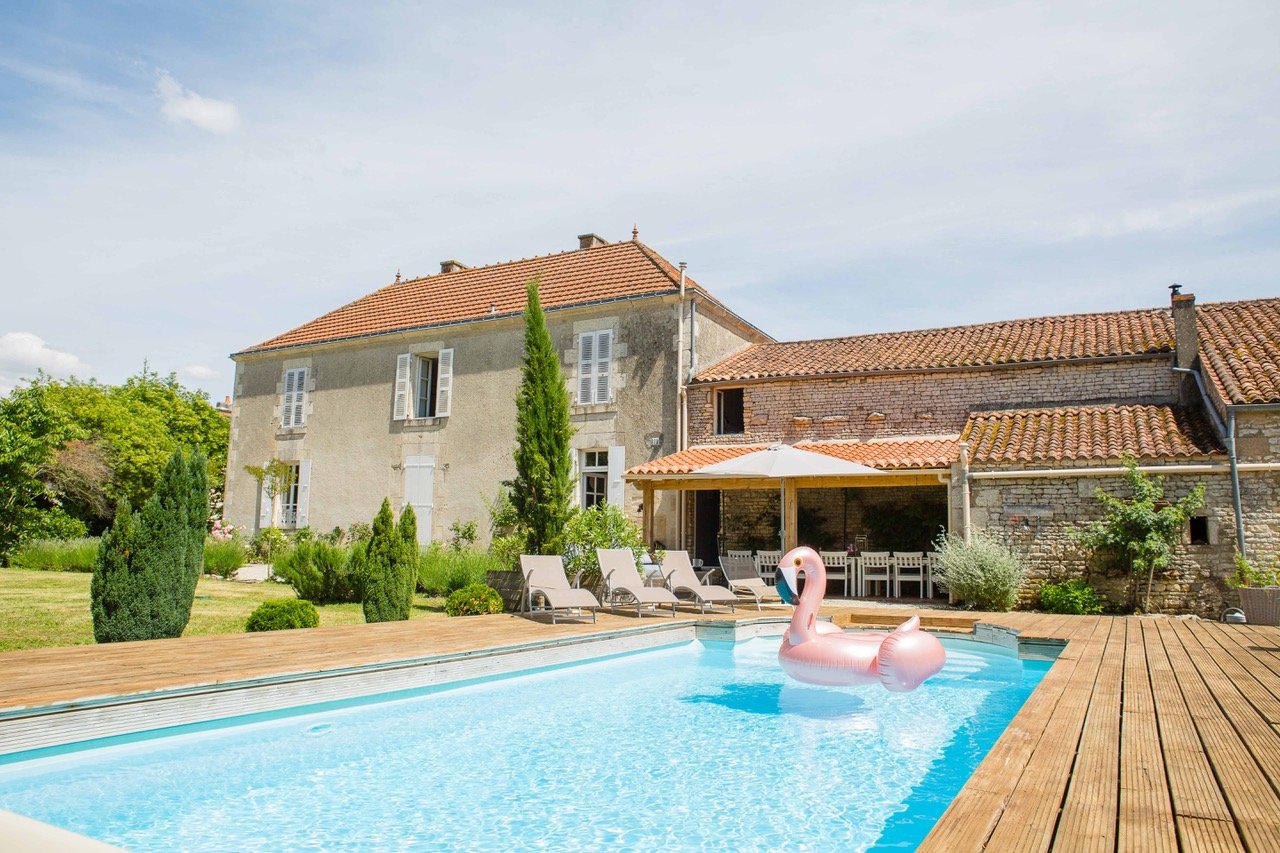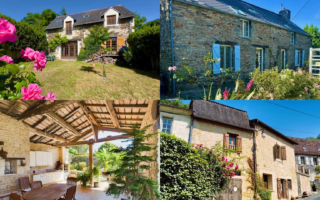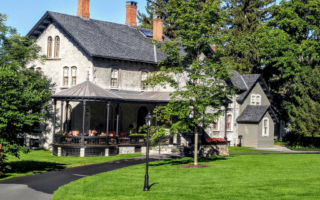French Property: Top 10 questions buyers always ask
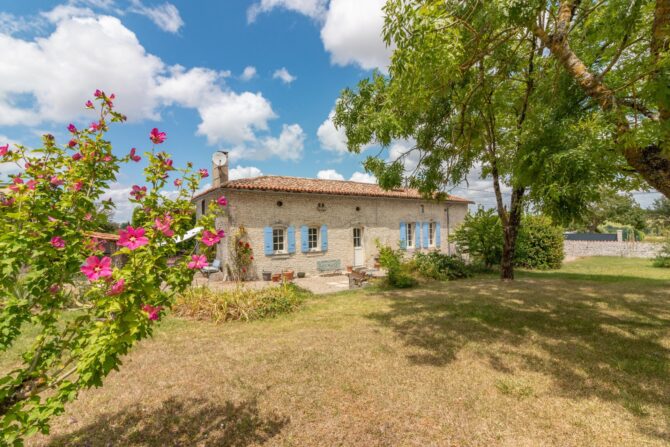
You know someone is committed to buying property when they start asking the practical questions rather than simply focussing on the colour of the shutters. After all, there’s more to buying a property in France than how pretty it looks.
To give you a head start in your search for your piece of France, here are some of the most common queries and some sound advice to set you on the right path – the one to your new front door.
1. How much can I offer below the asking price?
The current market is hot and more properties are selling at, or close to, advertised prices than at any time in the past 12 years. If you have found ‘the one’ there may still be room for negotiation but these are not the days of ‘fire’ sales. Many people are losing out because getting a knock-down price is more important to them than securing the right property and getting on with enjoying it.
There’s no hard and fast rule on how much a buyer can offer and be wary of anyone who tells you there is. Much can lie behind the advertised price of a property that might not be evident at first glance. The price may have been set by the owner or the agent; the property may have been recently reduced, leaving very little room for further negotiation; there might be really special features such as views, rental potential, planning permission or accessibility to airports or services which put a premium on the price.
In the first instance, ask your agent whether they believe the price to be negotiable and at what level your offer might be taken seriously. It is easy to go in very low and risk insulting the vendor, at which point you’ll have lost goodwill and possibly the chance to counter-offer.
Ask yourself why you think the property is not worth the asking price and discuss your thoughts with your agent who will know the property, the area and, possibly most importantly, the vendor.
Of course, if you choose to buy privately these are very sensitive conversations to have. Not all properties are being sold for positive reasons and divorce, ill health and bereavement can all be factors.

2. How long has the property been on market?
The French property market is very different to the market in the UK and it has been quite common for a property to be on market for a year or so. That is starting to change as the market is moving more quickly and a lot of property is selling without ever making it onto a website or portal. Unless there’s some really evident downside to a property, should it not be a question of “is this the right property for me?” rather than “why hasn’t someone else beaten me to it?”.
3. Should I buy a property privately?
A lot of property is now selling before it even gets to market so isn’t even shown in the private ads. An agency will have a list of properties that are in the process of coming to market and will be happy to share them with you.
Notaires advise that the majority of private purchases fail to complete because of the complexity of the French buying process. The good news for any buyer is that the process is designed to protect the buyer’s interests as the purchase falls within the French Consumer Code of Protection.
You will need to back yourself to be able to assess the value of the property given its location, features, condition and the current status of the market. You will also need to negotiate an appropriate price and then follow the purchase through the legal process, often dealing from a distance.
A good agent should have a team of agents, negotiators and professional bilingual paralegals who are on the ground and local and will help you through the process. Yes, there is a cost but that represents peace of mind and the enhanced likelihood of securing the right property.
4. Is a fosse septique difficult to manage?
No, not at all. A check will be done when you make an offer on a property so you know if the septic tank conforms or not. If not, you will be informed as to what work needs to be done to bring it up to standard. A fosse that conforms to the regulations should be absolutely trouble-free (and smell-free). The only real rules are not to use harsh chemicals that can upset the bacteria balance in the tank and don’t flush anything other than the 3-Ps (pee, poo and paper).
5. Is it expensive or difficult to run a swimming pool?
It depends a little on the pool. If you have a good quality pool and you clean it and check the chemicals weekly, it takes little more than an hour a week to maintain a pool, depending on the size.
More sophisticated set-ups might include automatic chemical feeds to make maintenance easy-peasy, robot cleaners (like having a maid for the pool) and heating to extend the usable season.
Heating would obviously add to the cost and it will depend on how warm you want the water and for how many months of the year. There is also a slight increase in tax if you have a pool.
The benefits of being able to take a dip or exercise at home are well worth any effort in my book. And if you want to make rental income from your property, a pool will attract more bookings and a higher rental value.
6. Is it better to be somewhere where there are no British?
It depends on how you want to live and how good your French is. Most people like the idea of being able to dip in and out of a British community while enjoying the benefits of submerging themselves in French culture. There is nothing like a British sense of humour when you are feeling a bit detached from home.
7. Do I need a survey?
In France, some 99% of transactions go through without a survey. You will have the diagnostics that cover the key elements such as electrical installations, gas, asbestos, lead and termites, and there is protection from the notaire if a vendor knowingly hid something. You can, of course, pay for a survey for your peace of mind and your agent would be able to point you in the right direction.
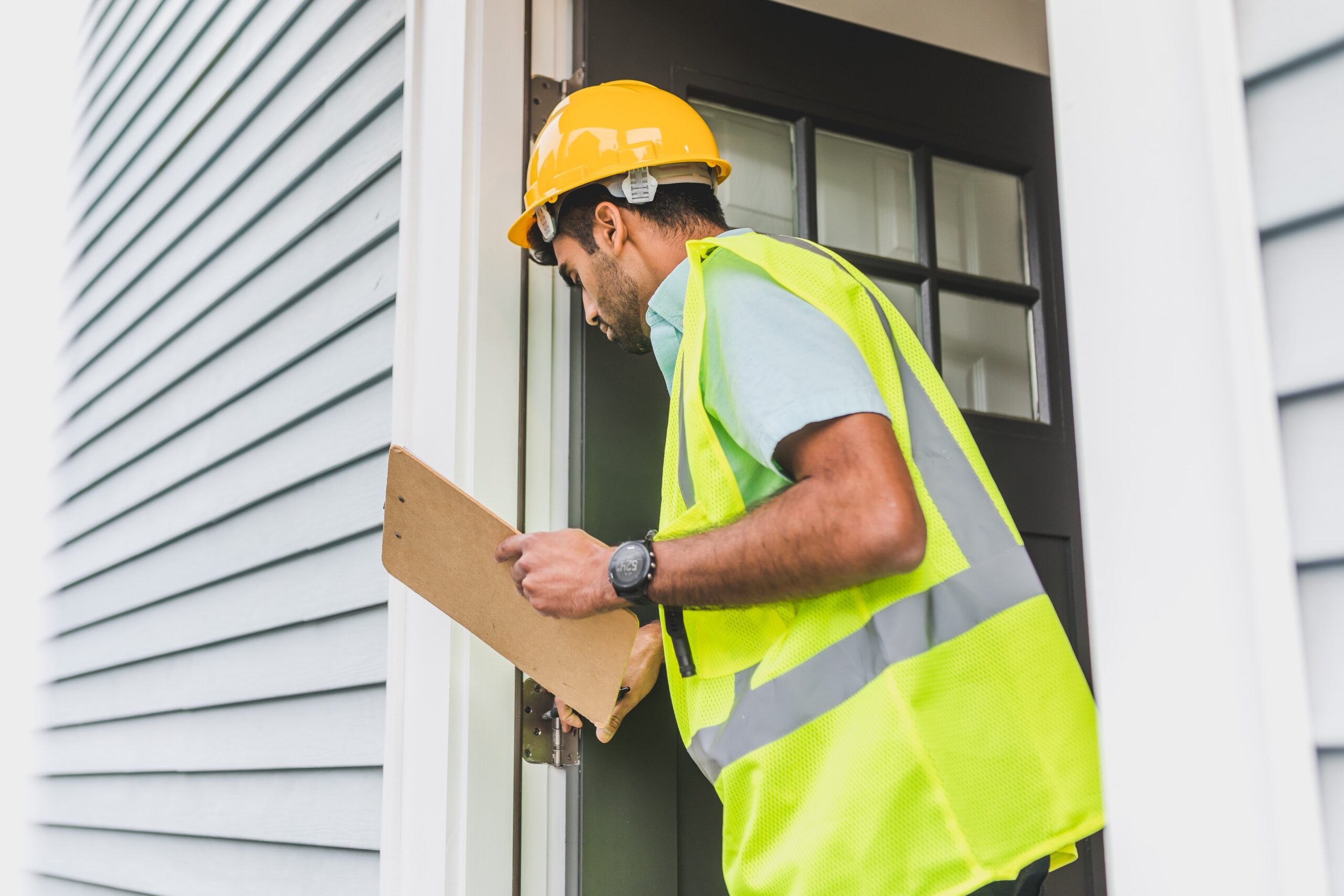
8. How long will it take to complete?
Normally between three to four months but it can vary. If it suits both parties it is even possible to ask for an extended completion so you can build in some extra time with the confidence that the deal is extra secure.
9. We don’t speak French; can we find an English-speaking notaire?
There are English-speaking notaires and a good agent will always ensure that a bilingual member of the agency team will accompany you to the signings to ensure you understand all that happens, whether the notaire speaks English or not.
10. Do you think I’ll fit in with the neighbours?
If you try to speak French, get involved in the local life and share your appreciation of France, they will love you for it.
Julie Savill is the Marketing Director at Beaux Villages agency in France
Looking for more French property advice?
The unique mix of legal, financial and tax advice along with in-depth location guides, inspiring real life stories, the best properties on the market, entertaining regular pages and the latest property news and market reports makes French Property News magazine a must-buy publication for anyone serious about buying and owning a property in France.
Lead photo credit : On the market with Beaux Villages
Share to: Facebook Twitter LinkedIn Email
More in French property for sale, septic tank, swimming pool
